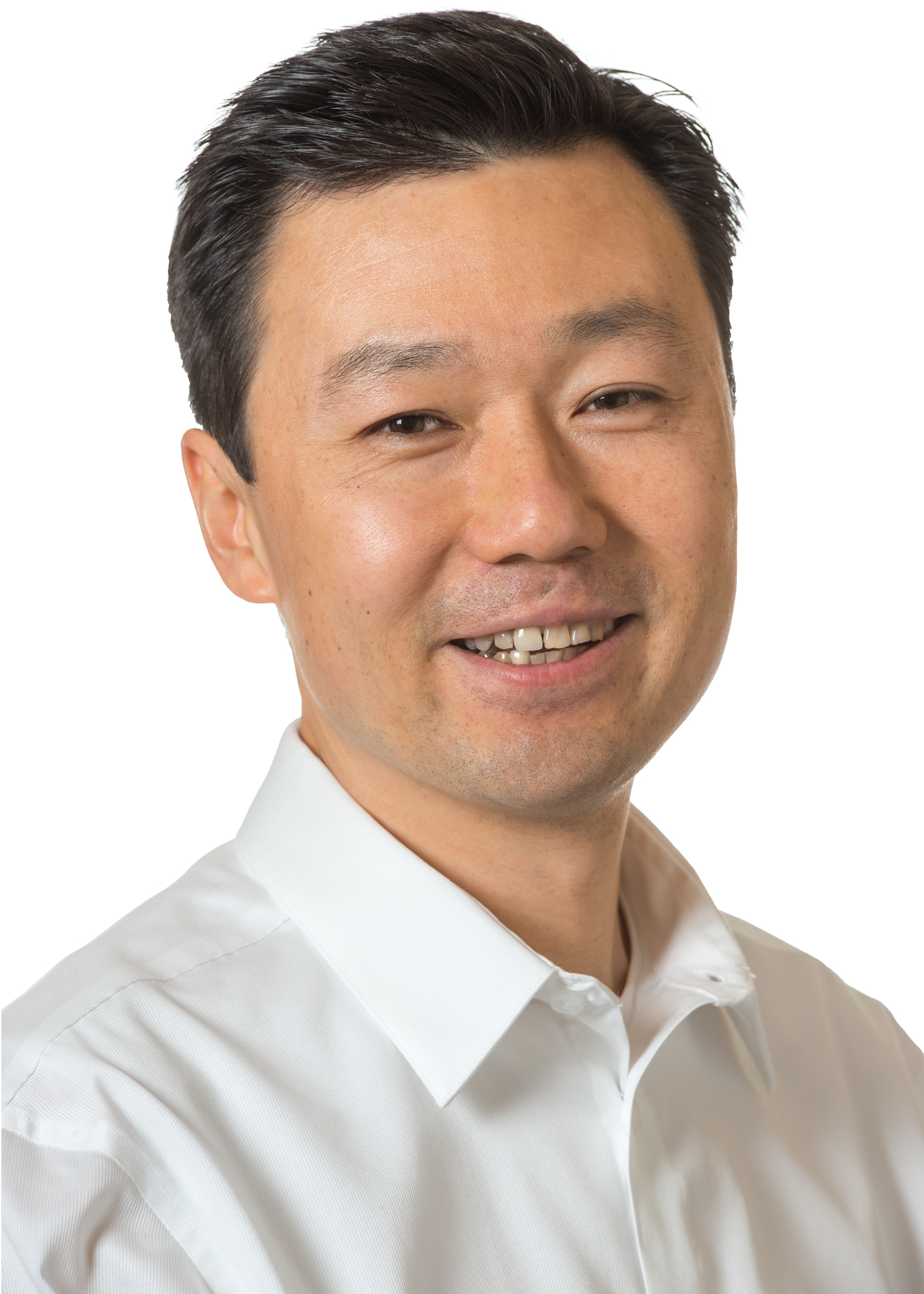
How did you get involved with NRMN?
I was working at Northwestern University, under Rick McGee, for a diversity, professional development program for PhD students in the biosciences, called CLIMB. He has an incredible network of friends and colleagues and has been a national leader in mentorship and diversity in the biosciences. He connected me to many others, and I ended up working with Rick, Chris Pfund, and Janet Branchaw on a couple of book chapters. I’ve been incredibly blessed by working with these wonderful colleagues, and they invited me to participate.
Which of NRMN’s program(s) have you participated in?
I’ve participated as a mentor and have served as a Master Facilitator in training mentors and mentees.
Describe your role in the Mentor Training and MyMentor and tell us a little about your experience in that role.
In serving as a mentor, I’ve been connected with mentees and have tried to help and serve them as best as I can. In serving as a Master Facilitator, I’ve been blessed with working with a great group of colleagues who have helped improve my ideas, resources, and workshops in training mentors and mentees.
Have you participated in other similar programs in the past? If so, how was your experience with NRMN different or unique?
I have participated in so-called mentoring programs in the past and was disappointed. I remember in one situation when I was matched with a mentor, with whom I didn’t get along. I was given no choice in the matter, and so it would have been awkward to pull out. I think that NRMN is much more thoughtful in matching mentors and mentees and equips mentees when they are often in more vulnerable situations.
If someone called you and asked, “Why should I become involved with NRMN?” how would you respond?
I’d initially ask them about themselves, to learn who they are, what they need, and where they’re interested in going. And if appropriate, I’d point them to the myriad of resources and activities in NRMN. I really like how NRMN provides a guided mentoring experience. It’s not simply connecting a mentor and mentee together and saying to go get mentored. NRMN trains and guides both the mentor and mentee, by facilitating the mentoring relationship with suggestions on what to discuss and a framework on mentorship.
How has your experience with NRMN changed the way you approach your career in the sciences?
I’ve really appreciated how the NRMN leadership has been heavily engaged in studying and evaluating mentorship, how to design mentoring programs, and implementing effective trainings on mentorship. They have produced much of the current research and literature on mentorship to inform how I mentor others and develop trainings. I’ve greatly appreciated the research and evidence-based approach to mentorship.
Describe a project or accomplishment that you consider to be the most significant in your career.
This relates only indirectly with NRMN, but I’m really proud of what others did. I provided a series of trainings on leadership and diversity for graduate students and postdocs at UC Davis. At the end of this series, they got together and submitted a proposal for an internal grant. This process was really competitive, and only 10% of the proposals received funding. This group is a coalition of organizations that all focus on promoting diversity and inclusion for graduate students and postdocs. I’m really proud of how they came together, wrote a proposal, and used the funds to create a series of workshops and trainings to lead and benefit others. It’s wonderful when I’m able to serve as a catalyst for bigger and better endeavors.
What makes you an ideal mentor?
I actually don’t think I’d say that I’m an ideal mentor. Each person needs something different when serving as a mentor or mentee, and so of course, I can’t be an ideal mentor for all possible mentees. However, when I try to mentor others, I try to understand the other person, how they function, and what they need. Then I try to adapt to the other person and to the situation, to serve the other person. I also think that it’s important to assess and understand ourselves, since we all have blind spots, which by definition we don’t recognize.
Each morning, what do you look most forward to in the day?
Spending time with my wife and son, my bike ride to campus (if the weather is good), and helping students.
Is there anything you’d like to share about yourself with a potential future mentee?
We all go through challenges, opportunities, and transitions. And so, we all need help from mentors. I have mentors who have helped me tremendously, and I anticipate that I’ll continue to rely on mentors and friends for the rest of my life. I think it’s important to think about mentorship as a lifelong process, and to not think that you’ll learn all that you need only from your formal education or from formal mentoring programs.
What is your current position and what is your favorite aspect of it?
I’ve recently started at Stanford as the Assistant Dean of Diversity and Inclusion in the School of Humanities and Sciences. I’ve only been in my position for about a month, and so I’ve enjoyed meeting new people, and looking for opportunities to add value and contribute. But I’m still very new and feeling clueless. ☺